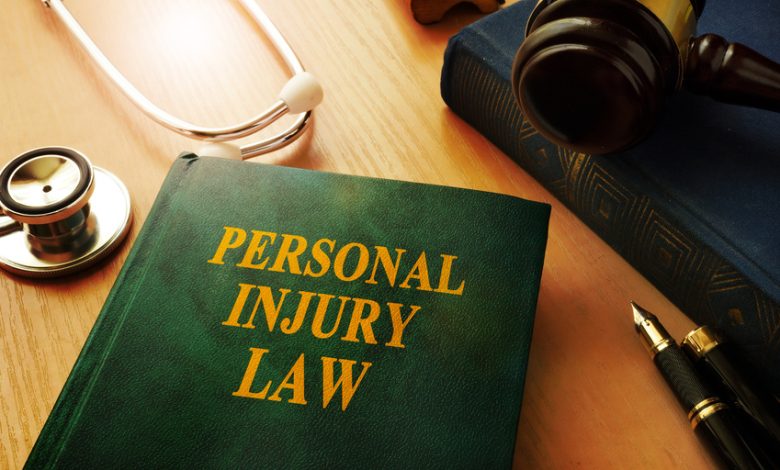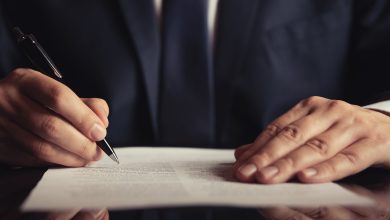Why You Might Need a Personal Injury Lawyer — And How to Choose the Right One

Accidents happen when we least expect them. Whether it’s a car crash, a slip and fall, or an injury caused by someone else’s negligence, the consequences can be life-altering. When faced with medical bills, lost wages, and emotional distress, many people find themselves wondering: Do I need a personal injury lawyer?
The answer often depends on the complexity of your case — but in most situations, having a qualified attorney can make a significant difference in the outcome.
What Does a Personal Injury Lawyer Do?
A personal injury lawyer represents individuals who have been injured physically, emotionally, or financially due to the negligence or wrongdoing of another party. Their role includes gathering evidence, negotiating with insurance companies, calculating damages, and, if necessary, taking the case to court.
Unlike other types of attorneys, personal injury lawyers typically work on a contingency fee basis, meaning you don’t pay anything unless they win your case. This structure makes legal representation accessible to those who might not otherwise afford it.
When Should You Hire a Personal Injury Lawyer?
If you’ve suffered a minor injury and there’s no dispute over liability, you might be able to handle a claim on your own. However, there are several scenarios where hiring a lawyer is highly recommended:
- Severe injuries or long-term disability: Cases involving significant injury require thorough assessment to ensure full compensation.
- Disputed liability: If the other party denies responsibility or tries to shift blame onto you, legal support is essential.
- Multiple parties involved: In cases like multi-car accidents or construction site injuries, having a lawyer helps navigate complex liability issues.
- Insurance company is uncooperative: Insurers often try to minimize payouts. An attorney can negotiate more effectively and recognize unfair offers.
What Compensation Can You Recover?
Personal injury claims may include a wide range of damages. These typically fall into two categories: economic and non-economic.
Economic damages include medical bills, lost income, and future treatment costs. Non-economic damages refer to pain and suffering, emotional distress, and reduced quality of life. In some cases, punitive damages may also be awarded if the responsible party’s actions were especially reckless or malicious.
A skilled personal injury lawyer can calculate the full extent of your losses and pursue the maximum compensation available.
How to Choose the Right Lawyer
Not all personal injury lawyers offer the same level of service or expertise. When choosing representation, consider the following:
- Experience: Look for an attorney with a strong track record in personal injury law — especially cases similar to yours.
- Reputation: Check client reviews, professional ratings, and case results.
- Communication: Choose someone who takes the time to explain your options and keeps you informed throughout the process.
- Availability: A responsive lawyer who can act quickly is key to building a strong case from the start.
Many law firms offer free consultations, giving you a risk-free opportunity to evaluate whether a particular lawyer is a good fit.
Final Thoughts
Accidents can upend your life in an instant, but a personal injury lawyer can help you rebuild. With the right legal support, you can hold the responsible party accountable, secure the compensation you deserve, and move forward with confidence.
If you’ve been injured due to someone else’s actions or negligence, don’t wait. Speak with a qualified personal injury lawyer to explore your legal options and protect your future.



